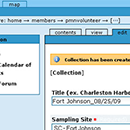Phytoplankton Monitoring Network
The National Phytoplankton Monitoring Network (PMN) is a community-based network of volunteers monitoring marine phytoplankton and harmful algal blooms (HABs). PMN recognizes the interrelationships between humans and coastal ecosystems while providing volunteer citizen scientists with meaningful opportunities for hands-on science engagement. The PMN enhances the nation’s ability to respond to and manage the growing threat posed by HABs by collecting important data for species composition and distribution in coastal waters and creating working relationships between volunteers and NOAA HAB researchers and state managers.
Programs
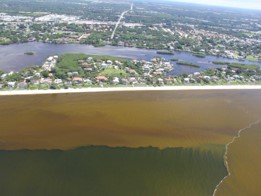
Coastal
Train citizen scientists to monitor harmful phytoplankton and environmental conditions in marine and estuarine waters.
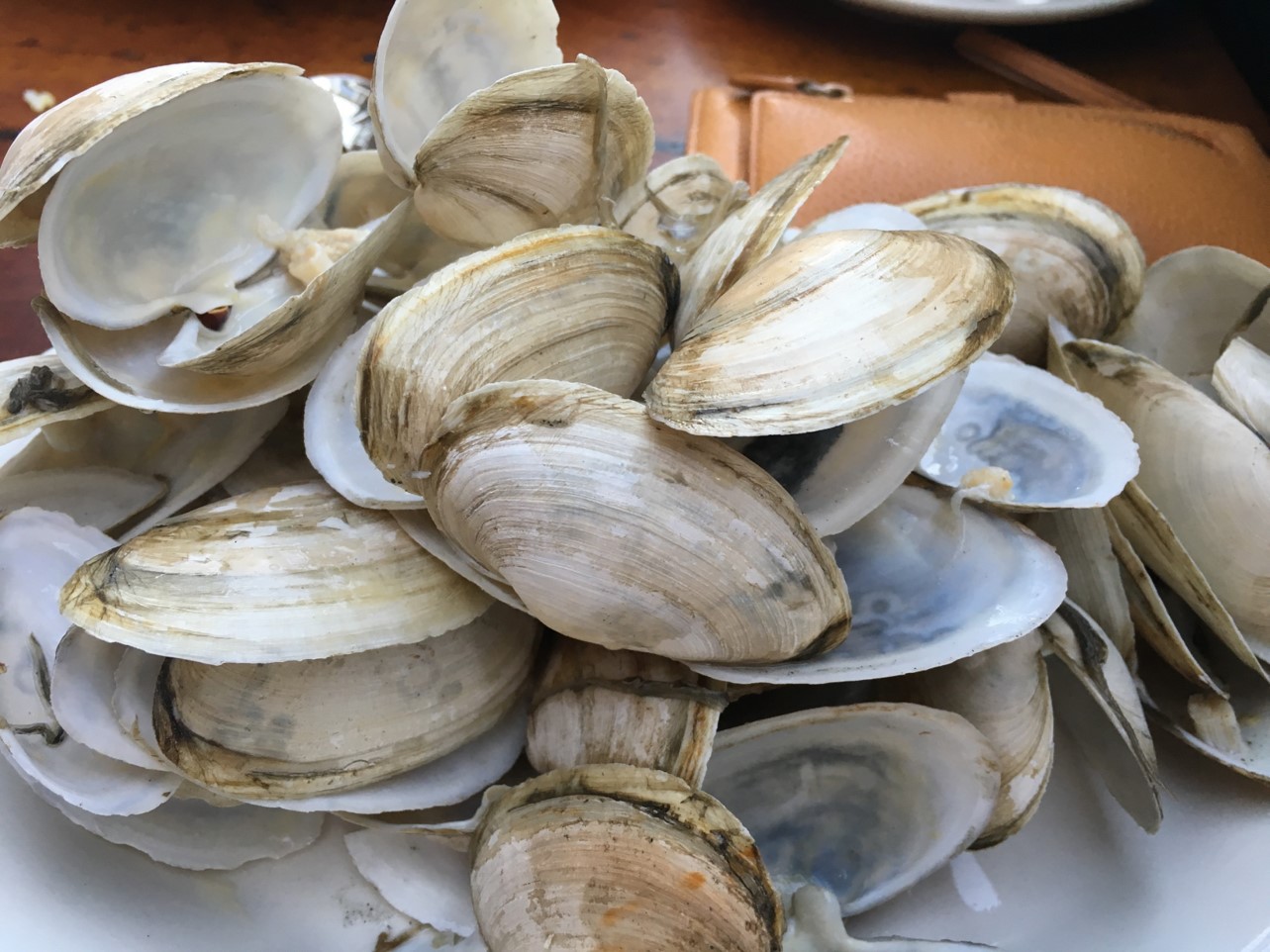
Aquaculture
Provide aquaculture farms with advanced warning of HABs to empower growers to mitigate the effects.
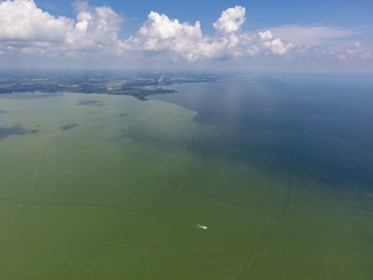
Freshwater
Train citizen scientists to monitoring harmful cyanobacteria in Great Lakes and inland water bodies.
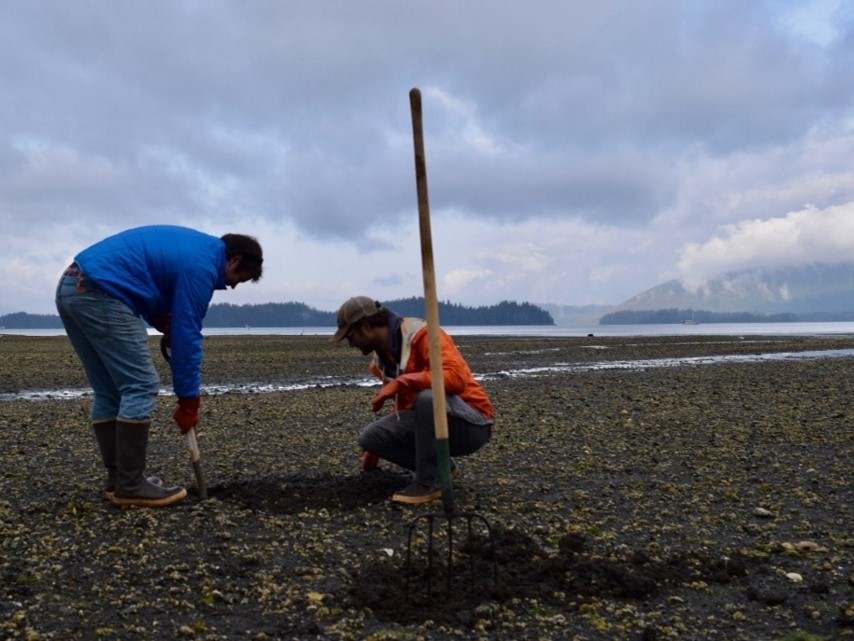
Tribal
Establish HAB monitoring programs and laboratories throughout Alaska where subsistence harvesters are at risk of illness or death because toxin levels are unknown.
Information for Volunteers
Phytoplankton Monitoring Network Spotlights

Featured Volunteer
Meet Lisa Henderson, an engineer who runs her own consulting company, who began volunteering for PMN in 2019 after her eldest daughter left home and she wanted to fill her free time with a citizen science project. Lisa’s beloved sample site is at San Francisco’s Wave Organ, built by an Exploratorium Artist in Residence along the San Francisco Bay, where she sees a plethora of Coscinodiscus. While she loves all organisms equally, Lisa has a special spot in her heart for Ditylum because they look like jewels. With her first love being oceanography, Lisa has extended her volunteer portfolio to cleaning fish tanks at the California Academy of Science and helping the biologist in charge of growing the endangered Pycnopodia sea star; surveying Crissy Field Beach along the San Francisco Bay monthly for the NOAA Beach Watch program; and serving as a bird docent on Alcatraz. Thank you, Lisa, for your volunteer efforts, and especially for your contributions to the PMN!
Featured Phytoplankton
Karenia brevis is a photosynthetic dinoflagellate that can potentially cause harmful algal blooms (HABs), sometimes referred to as ‘red tide’ even though blooms of this organism can be other colors like brown or orange. This single-celled phytoplankton can produce toxins, known as brevetoxins, that can have devastating effects on marine ecosystems and human health. It is harmful to marine animals and can cause respiratory distress and/or a neurotoxicological illness called Neurotoxic Shellfish Poisoning (NSP) in humans. It is commonly found in the Gulf of Mexico, especially along the west coast of Florida. Each cell is 18-45 μm in size, slightly wider than it is long, with a slightly peaked top and bi-lobed bottom. Its two flagella allow it to move up and down in the water column in a distinctive manner. Monitoring and management of Karenia brevis blooms is critical for the protection of the environment and public health.

Data Collection
Citizen scientists collect data that feeds the Phytoplankton Monitoring Network. Explore the data submitted by the network or submit your own findings.
The collection of Phytoplankton Monitoring Network information is authorized under the OMB Control Number included in the Citizen Science and Crowdsourcing Information Collections page.



